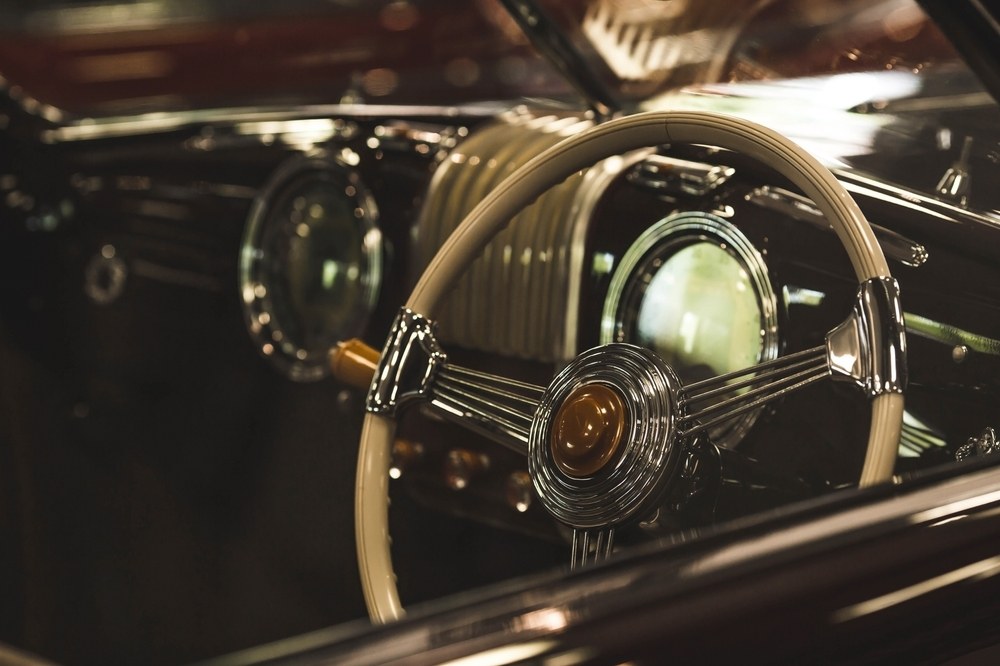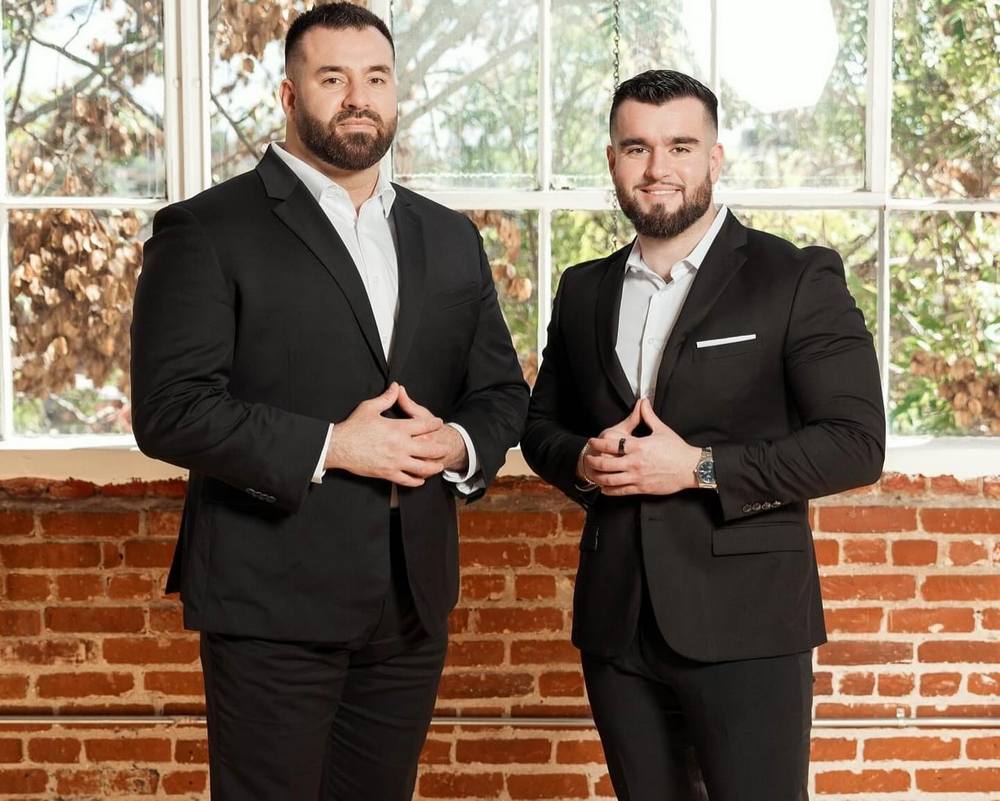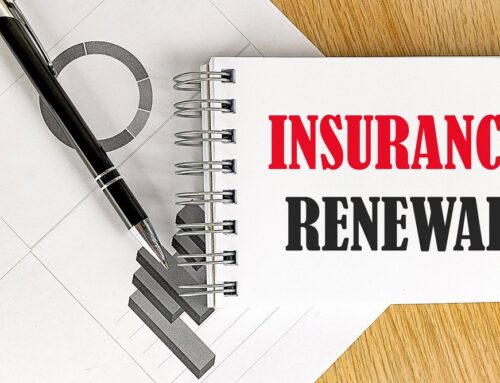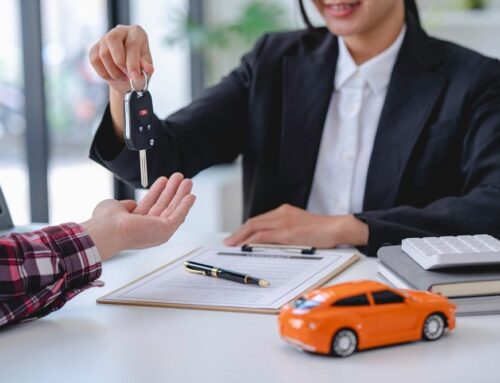
Classic car insurance is specifically designed for car owners who own vintage or classic vehicles, offering coverage tailored to the unique needs of these cars. While standard auto insurance policies provide coverage for everyday vehicles, they do not address the specific requirements of classic or antique cars. In this article, we will explore the key differences between classic car insurance and standard auto insurance to help you understand the importance of choosing the right policy for your valuable vehicle.
Coverage and Valuation Differences
One of the main differences between classic car insurance and standard auto insurance is how the vehicles are valued. Classic car insurance typically employs an agreed-upon value, meaning that both the car owner and the insurance company agree on the vehicle’s value prior to the policy being issued. This ensures that if the car is damaged or totaled, the owner will receive compensation that reflects the car’s actual value. In contrast, standard auto insurance typically uses the market value or depreciated value of the vehicle, which can result in a lower payout for older cars or those with collectible value.
Usage Limitations
Classic car insurance policies often come with usage restrictions, unlike standard auto insurance, which generally covers everyday driving. Most classic car policies are designed for vehicles that are not used as daily drivers, but rather for occasional drives, car shows, or events. These restrictions help reduce the risk for insurance companies and can result in lower premiums. On the other hand, standard auto insurance covers vehicles used regularly for commuting, errands, and other day-to-day activities without limitations on usage.
Repair and Restoration Coverage
Classic car insurance also offers more specialized coverage for repairs and restoration. Many classic car owners invest a significant amount of time and money in restoring or maintaining their vehicles, which is often reflected in their insurance policies. Classic car insurance typically offers coverage for repairs, replacement of parts, and restoration costs, ensuring that your car is restored to its original condition. Standard auto insurance, however, may not cover the full cost of specialty parts or repairs needed for older vehicles, leaving owners to pay out-of-pocket for expensive restoration work.
Policy Customization
Classic car insurance allows for more customization of the policy to suit the specific needs of the owner and the vehicle. For example, if the car has custom parts or modifications, these can often be included in the policy to ensure they are covered in the event of an accident or damage. Standard auto insurance, on the other hand, typically offers more generalized coverage that may not fully account for unique features or modifications in a classic car.
Choose the Right Coverage for Your Classic Car
In conclusion, classic car insurance offers specialized coverage that is more suited to the needs of vintage and collectible vehicles compared to standard auto insurance. With agreed-upon values, usage restrictions, repair coverage, and customization options, classic car insurance provides comprehensive protection for your cherished vehicle. If you own a classic car, it’s essential to consider specialized coverage to ensure your investment is adequately protected. Ensure you consult with an insurance professional to determine the best policy for your classic car’s specific needs.
Choose the Right Coverage for Your Classic Car
Classic car insurance is specifically designed for vintage or collectible vehicles, offering coverage tailored to address the unique needs of these vehicles. Standard auto insurance, while providing general coverage for everyday vehicles, doesn’t account for the special requirements of classic cars. At Koda Insurance Services, we can help you understand the differences and ensure you choose the right policy for your valuable vehicle, giving you the protection it deserves. Call us today at (619) 600-5550 or complete our online form to get started.




